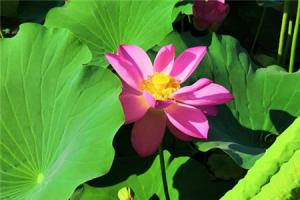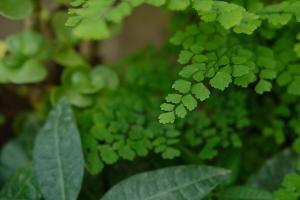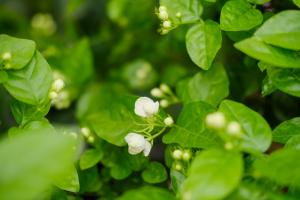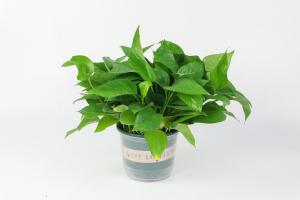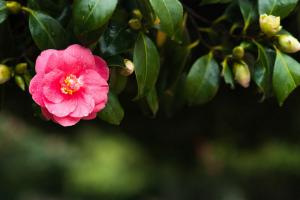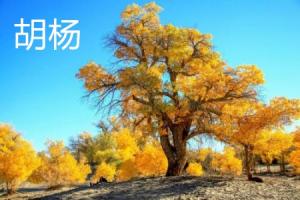What Kind of Cherry Tree to Plant
Cherry trees are a beloved addition to any garden or landscape because of the beauty and delicious fruit they offer. When deciding what kind of cherry tree to plant, it is important to consider factors such as climate, soil type, and desired fruit type. In this article, we will explore different types of cherry trees and give you tips on how to choose the right one for your planting needs.
Types of Cherry Trees
Cherry trees come in two main types: sweet and sour. Sweet cherry trees produce large, firm and juicy fruit that is ideal for fresh eating. Sour cherry trees, on the other hand, produce smaller, softer fruit that is great for making jams, pies, and other baked goods. Sweet cherry trees are generally easier to grow and maintain, making them a popular choice for homeowners and gardeners.
Climate and Soil Type
Before choosing what kind of cherry tree to plant, it is essential to consider your climate zone and soil type. Cherry trees prefer well-drained soil that is slightly acidic. They thrive in areas with full sun exposure and adequate air circulation. If you live in a colder climate, you may want to consider planting an early-ripening fruit tree to ensure proper fruit development before the first frost. Conversely, if you live in a warmer climate, you may want to choose a late-ripening cherry tree to avoid fruit damage from excessive heat.
Varieties of Sweet Cherry Trees
There are several varieties of sweet cherry trees, each with its unique set of characteristics. Some of the most popular sweet cherry tree varieties include Bing, Rainier, and Stella. Bing is a dark red cherry with a juicy texture and sweet taste, while Rainier is a yellow fruit with a delicate flavor and soft texture. Stella is a medium-sized cherry with good resistance to pests and disease and produces firm, sweet fruit.
Varieties of Sour Cherry Trees
Sour cherry trees also come in several varieties, each with its flavor and texture. Some of the most common sour cherry tree varieties include Montmorency, English morello, and Balaton. Montmorency cherries are bright red with a tangy flavor and firm texture, while English morello cherries are dark red and have a deep, complex flavor. Balaton cherries are medium-sized and boast a sweet-sour taste that is perfect for baking.
Conclusion
Choosing what kind of cherry tree to plant can be an enjoyable and exciting process, but it is essential to consider your climate, soil type, and desired fruit type. Whether you choose a sweet or sour cherry tree, be sure to plant in an area with full sun exposure, proper drainage, and adequate air circulation. With the right care and attention, your cherry tree will thrive and yield delicious fruit for years to come.

 how many times do yo...
how many times do yo... how many planted tre...
how many planted tre... how many pine trees ...
how many pine trees ... how many pecan trees...
how many pecan trees... how many plants comp...
how many plants comp... how many plants can ...
how many plants can ... how many plants and ...
how many plants and ... how many pepper plan...
how many pepper plan...
